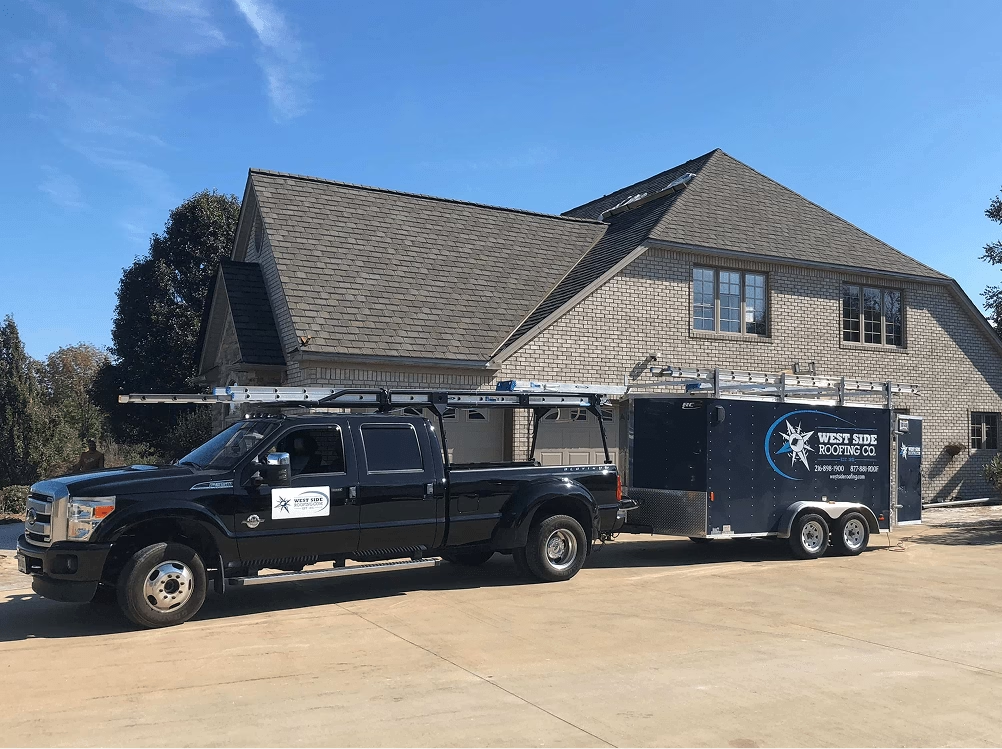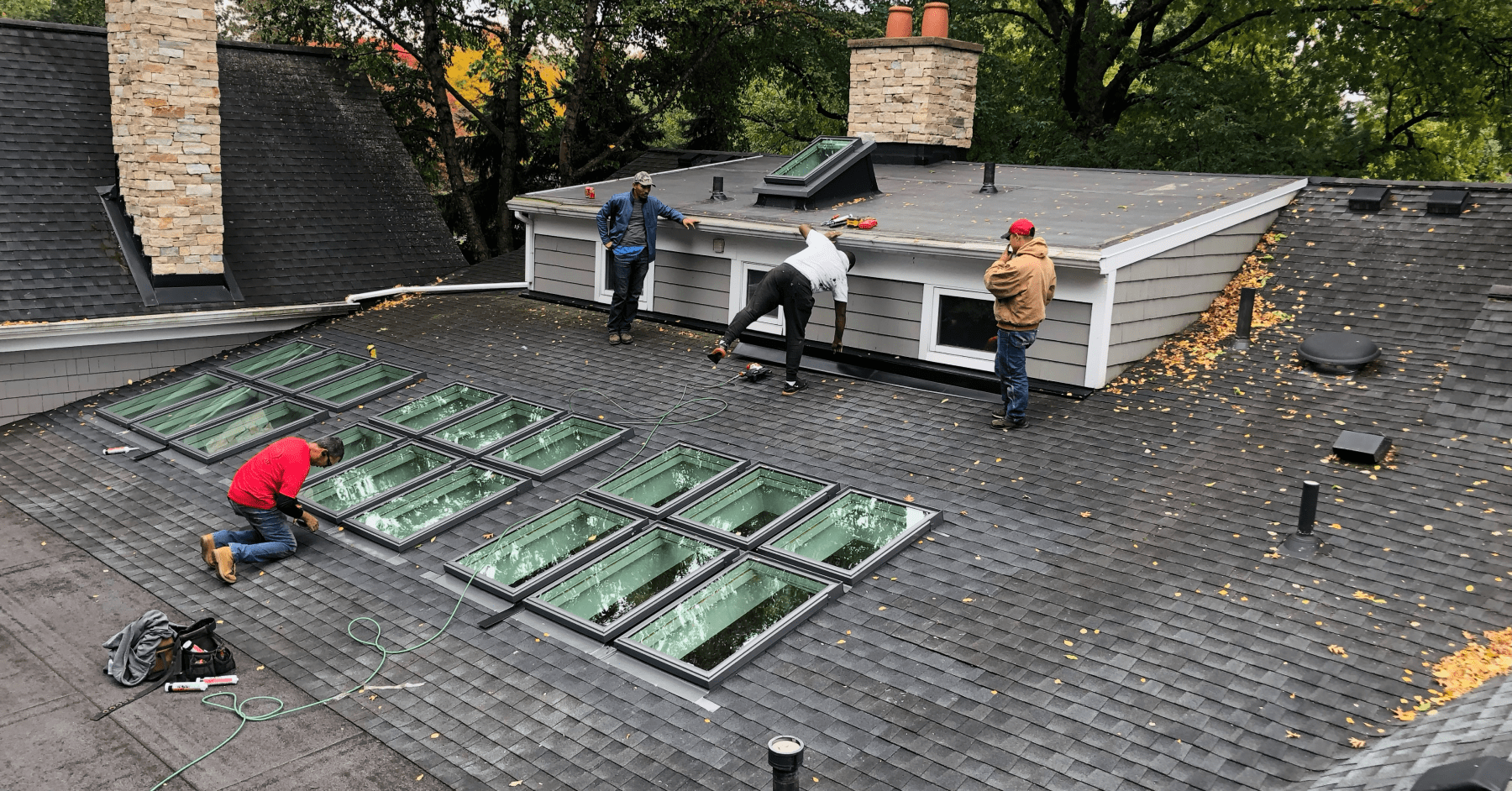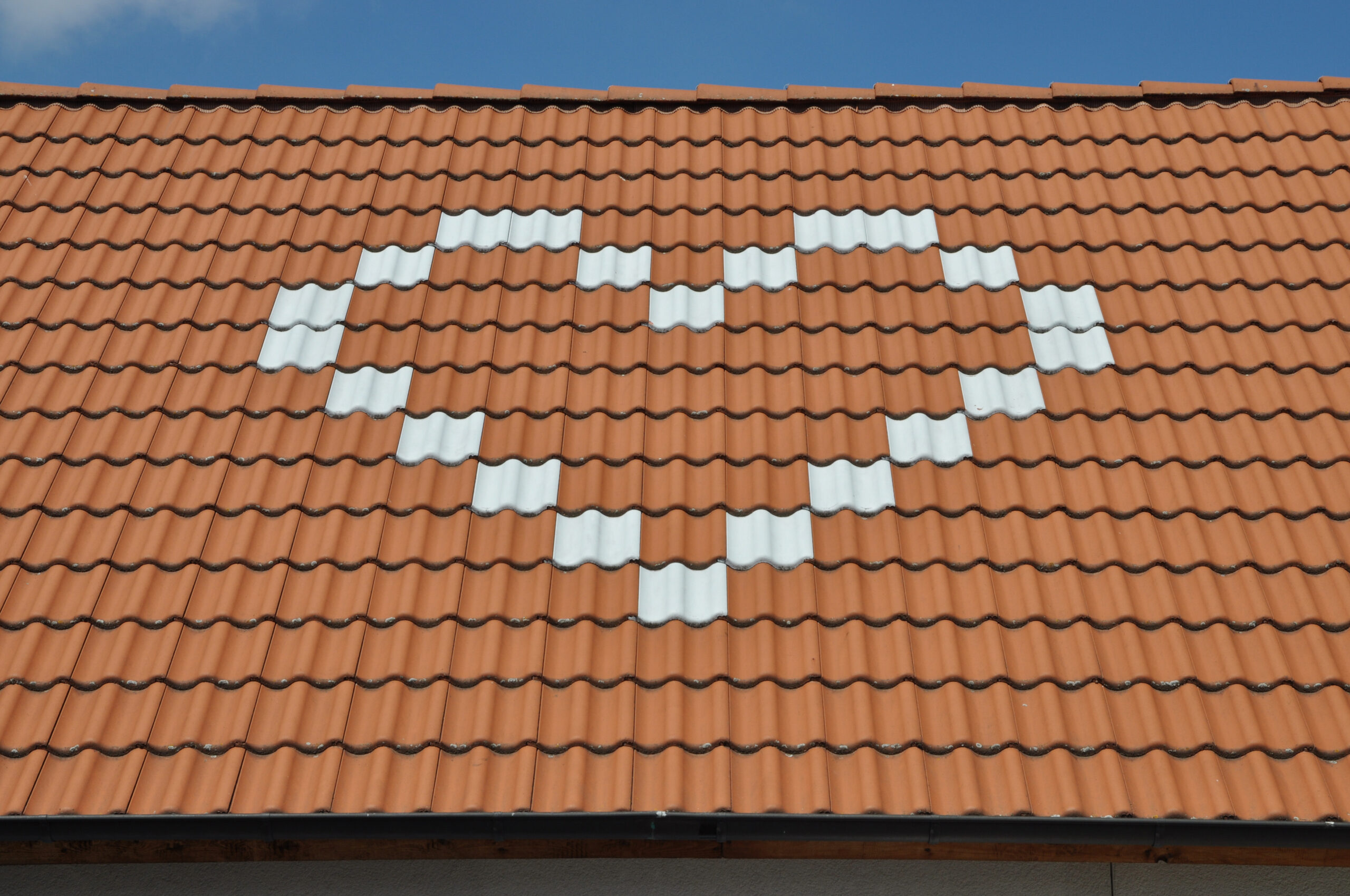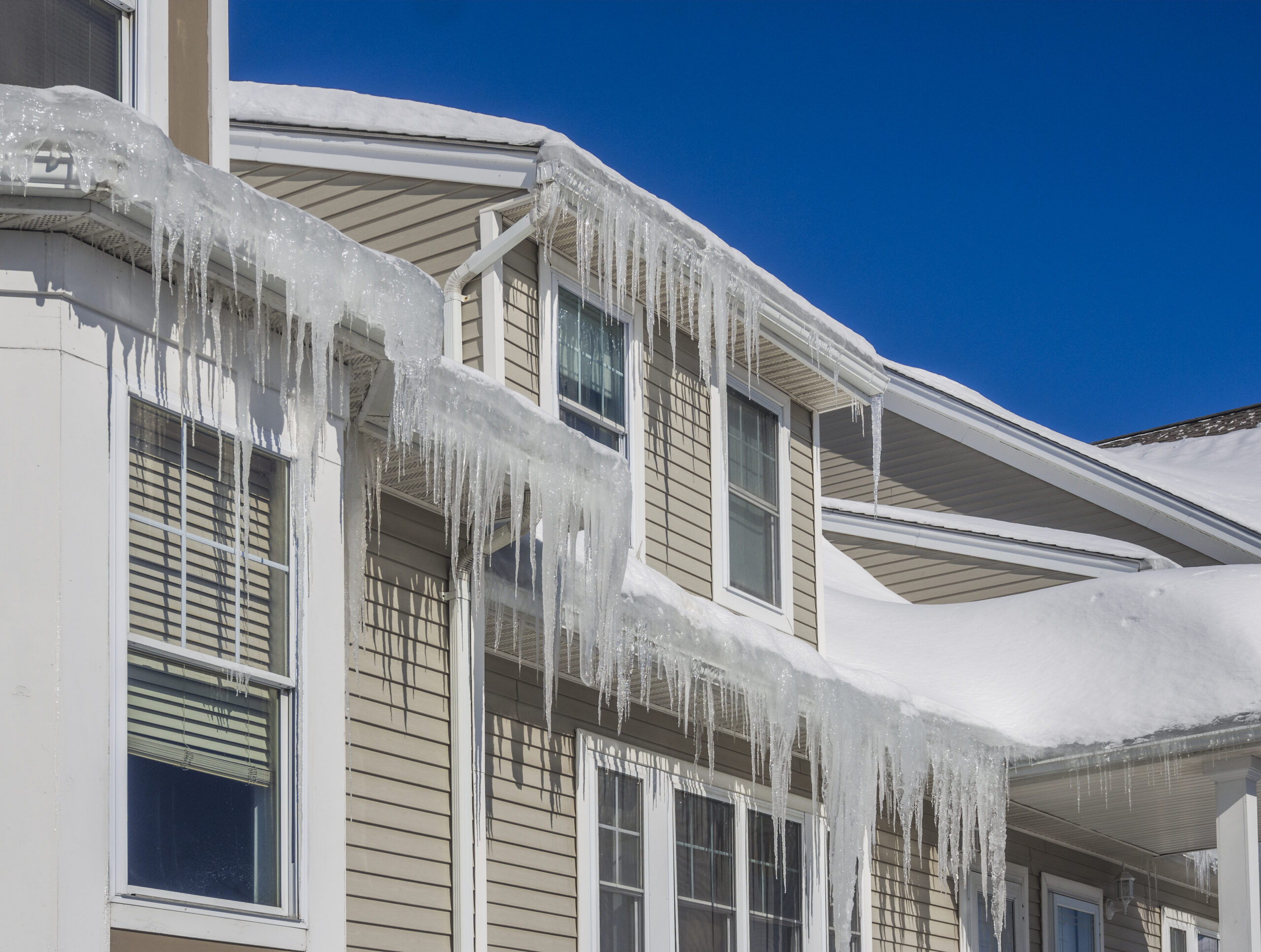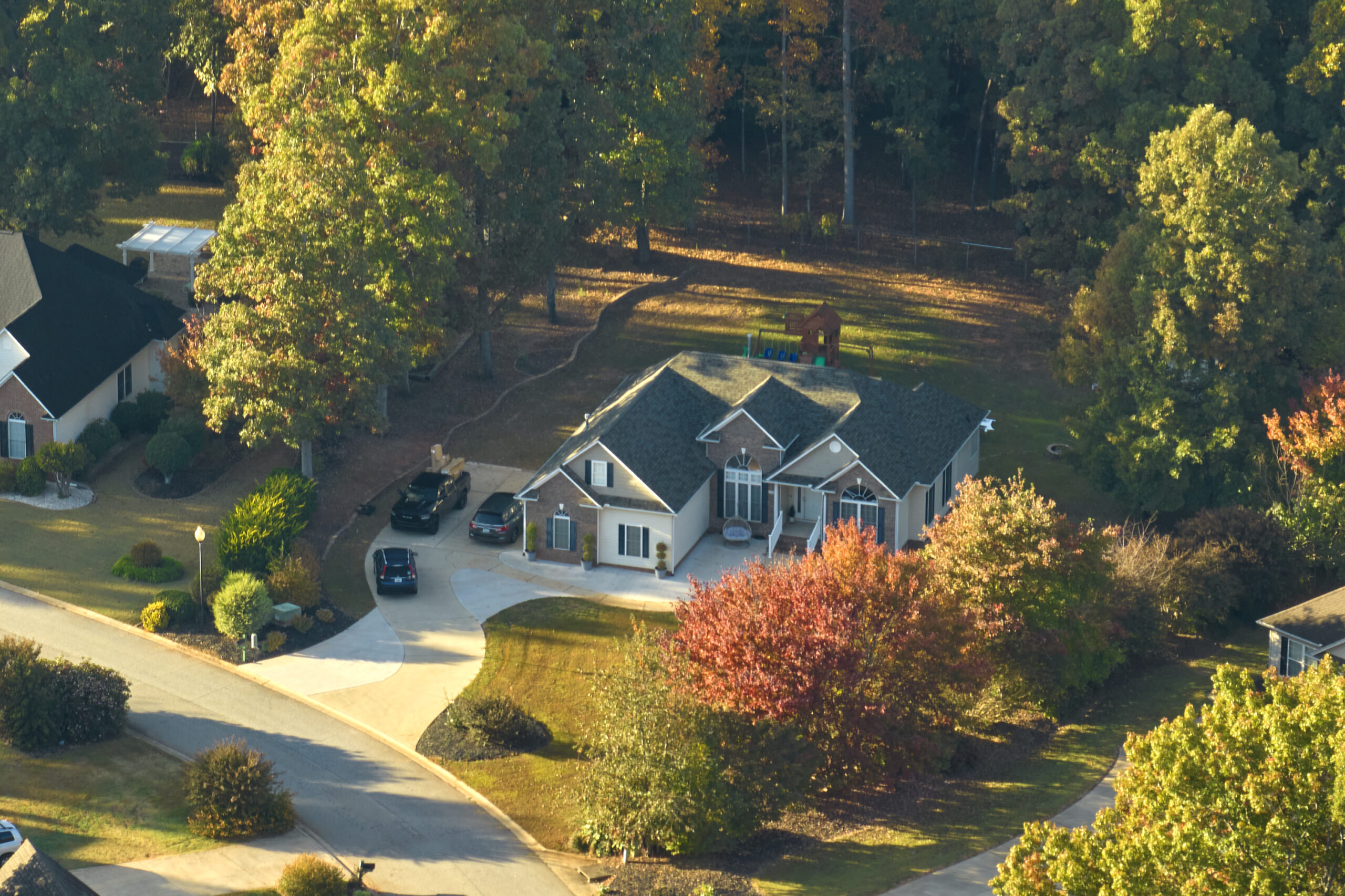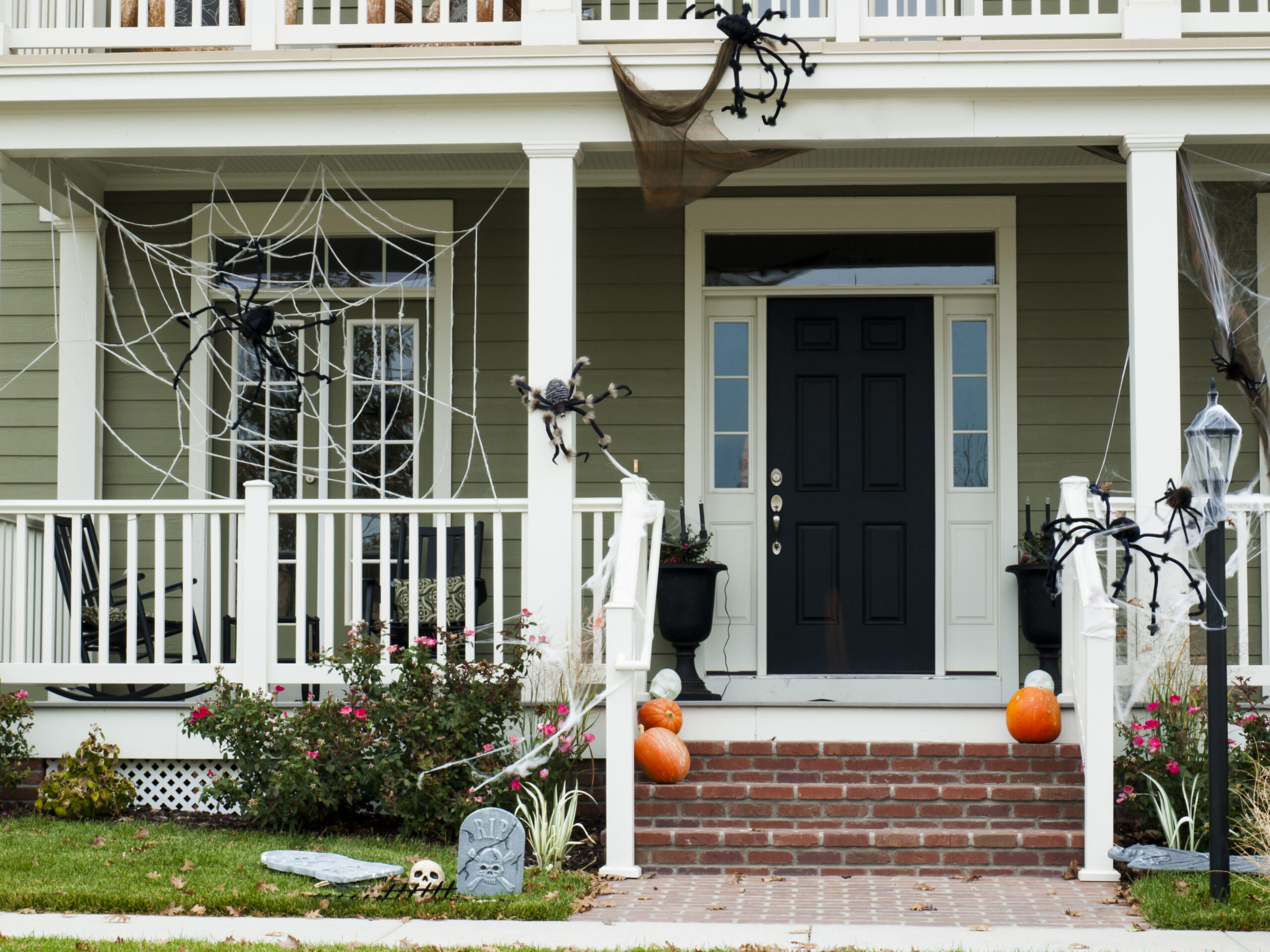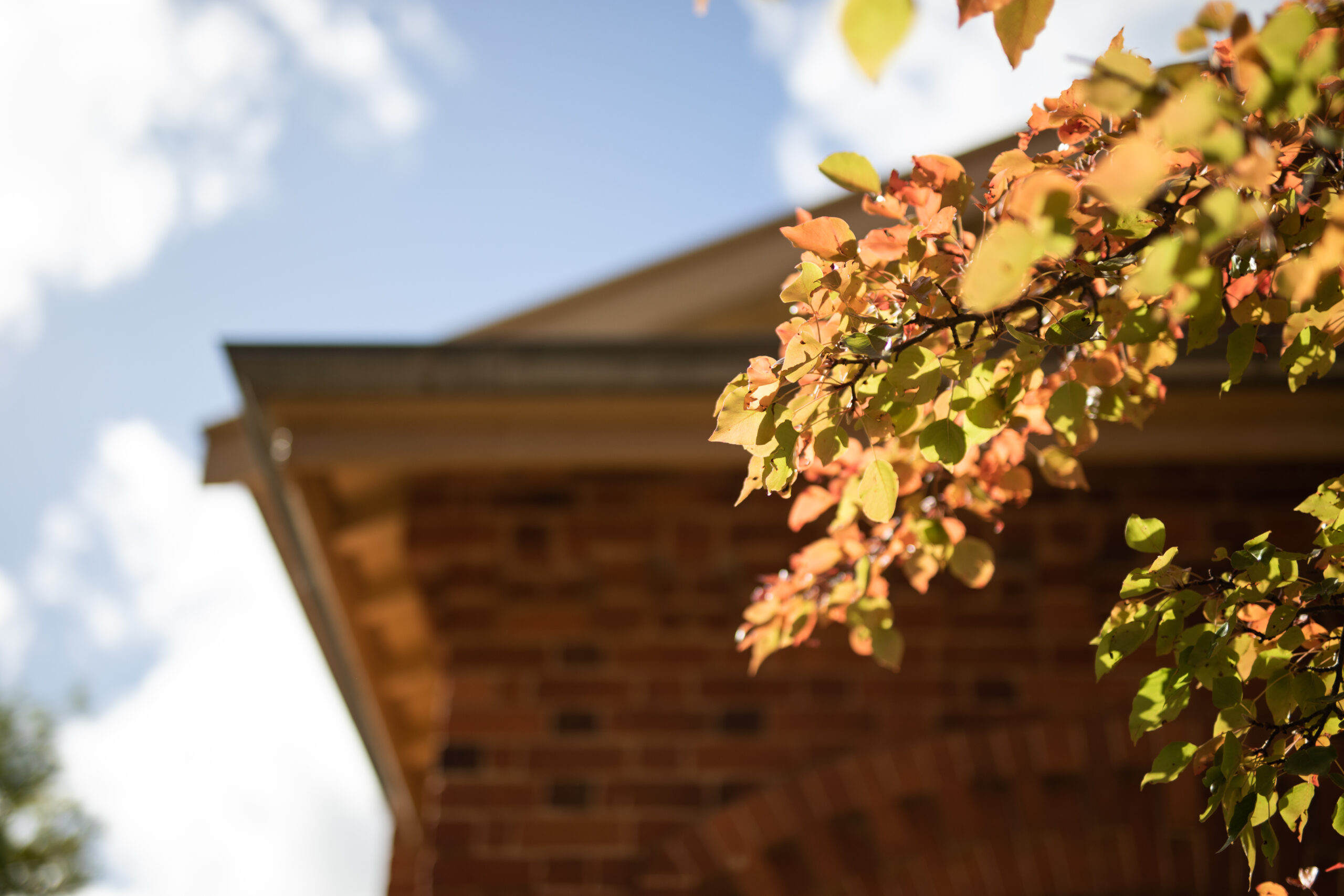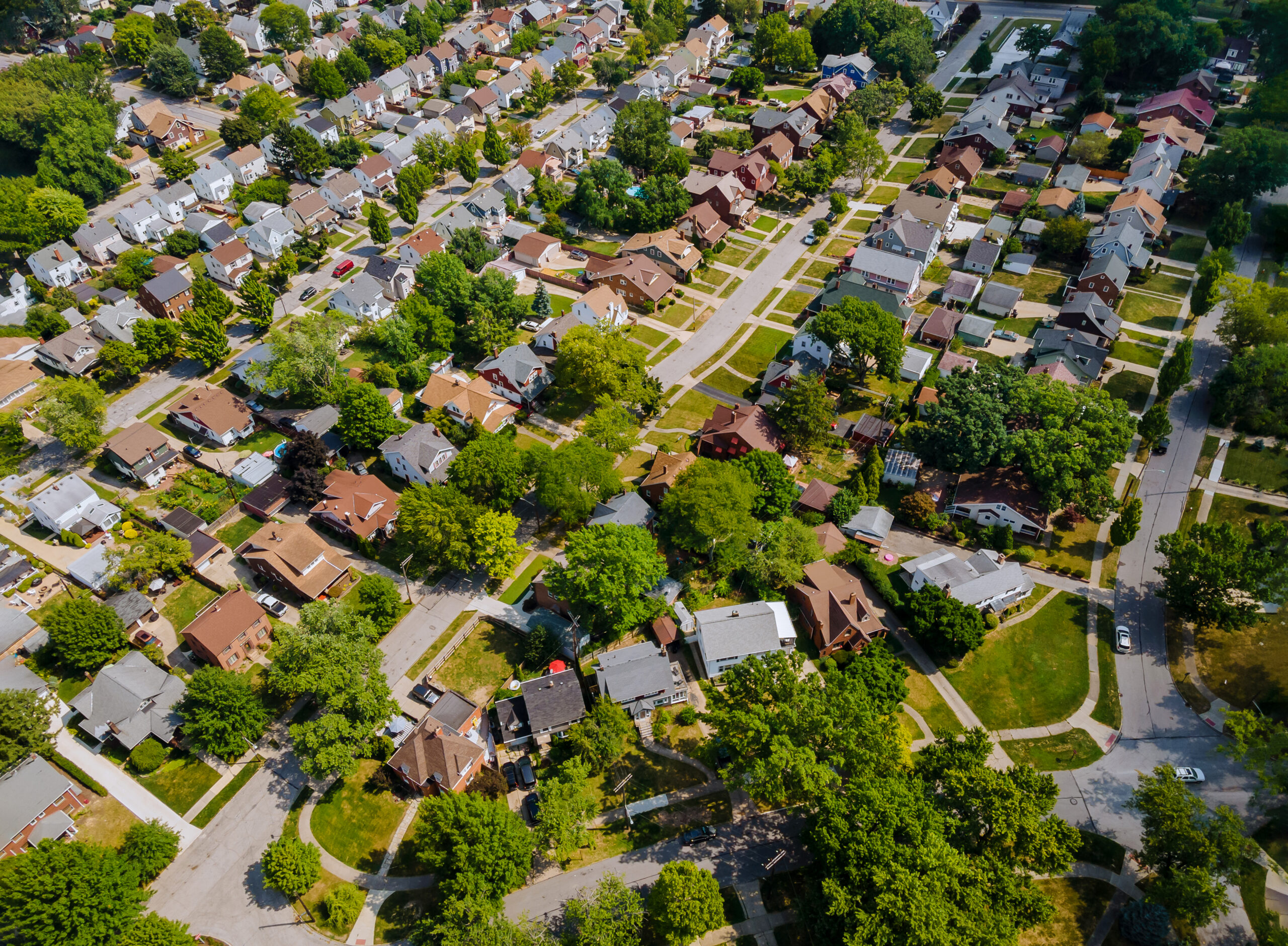Roofing Ice Dams | What They Are and Why They’re a Winter Roofing Threat in Northeast Ohio
When winter grips Northeast Ohio, snowy rooftops and shimmering icicles may look picturesque, but beneath ...
Winter Wonderland or Weighty Worry? What Holiday Snow Means for Your Roof’s Structure
Northeast Ohio transforms into a snow globe during the holiday season; twinkling lights, cozy fireplaces, ...
From Chimney Flashing to Fascia Boards: Late Fall Fixes That Protect Your Roof All Winter Long
As Thanksgiving approaches and Northeast Ohio settles into the rhythm of late fall, most of ...
What Lurks Below: How a Bad Roof Can Impact Your Basement
It’s spooky season in Northeast Ohio, and while haunted houses and ghost stories are all ...
Signs Your Gutters Need Attention This Fall
As the leaves begin to change and fall settles in across Northeast Ohio, it’s time ...
The Most Common Roofing Issues in Northeast Ohio (and How to Fix Them)
Owning a home or business in Northeast Ohio means dealing with unpredictable weather year round, ...
From Drips to Disasters: How Summer Storms Reveal Weak Roof Spots
Summer in Northeast Ohio means longer days, backyard BBQs, and unpredictable, often intense weather. When ...
Spring Into a New Roof: What to Expect During a Roof Tear-Off and Replacement
Spring in Northeast Ohio is the perfect time for fresh starts, and what better place ...


